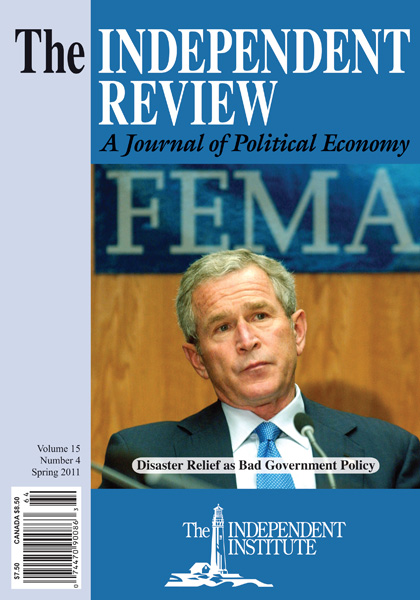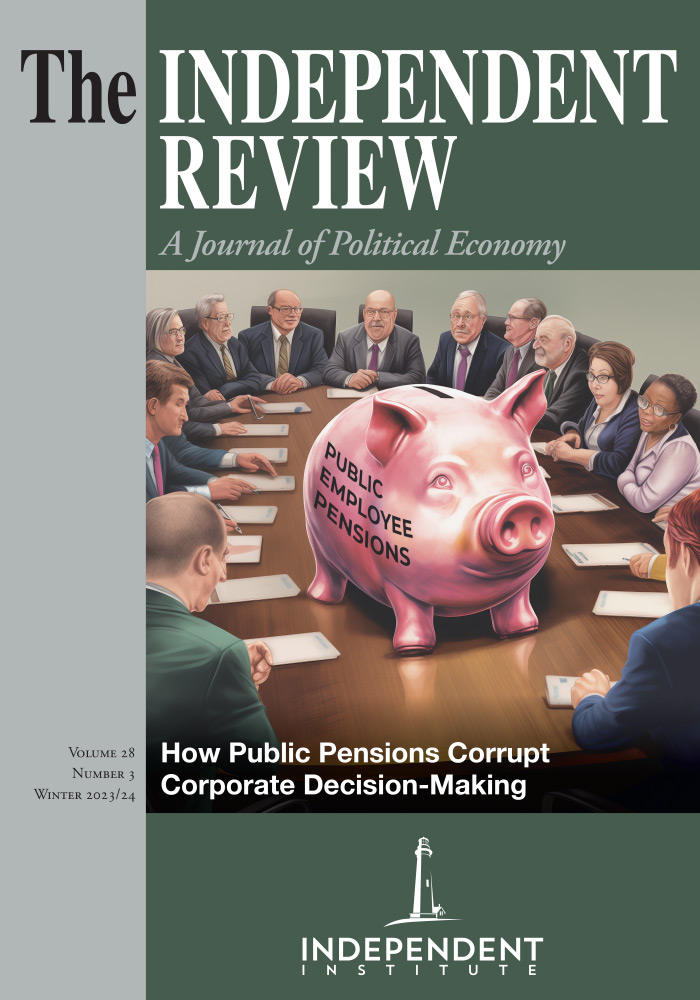Europe’s current sovereign-debt crisis was caused in part by several countries’ taking advantage of the common-property characteristics of the European Central Bank. Because the bank stood ready to purchase their bonds, those countries could avoid paying the full cost of accumulating excessive debt.
Article
The Eurosystem, the monetary system in the European Monetary Union (EMU), has brought the euro to the verge of collapse. We can understand how this situation arose in terms of the theory of negative external effects and the tragedy of the commons. Poorly defined property rights in money can cause negative external effects to be neglected. In practice, the EMU has evolved into a tragedy of the commons because several independent national governments have made use of the European Central Bank (ECB) to finance their deficits indirectly.
The theory of the tragedy of the commons states that a publicly owned good will tend to be overexploited and disappear. The euro and its purchasing power are following this course. The euro is threatened by independent states’ trying to finance their deficits via the ECB and to externalize part of their deficit costs in the form of higher prices in the EMU. This mechanism of a tragedy of the commons has contributed to the current sovereign-debt crisis in Europe. In this article, I explain how a tragedy of the commons exists in the EMU because of public property in money and how it is caused by the possibility of financing deficits through a single central bank.| Other Independent Review articles by Philipp Bagus | |
| Winter 2022/23 | Knightian Uncertainty in Capitalism and Socialism |
| Spring 2017 | Between Debt and the Devil: Money, Credit, and Fixing Global Finance |









